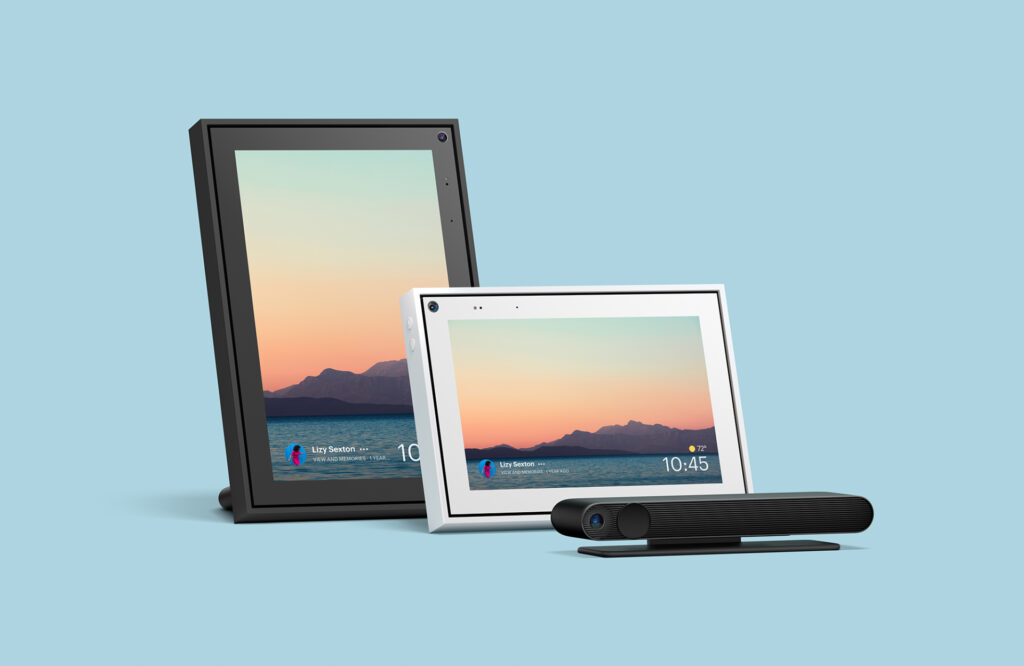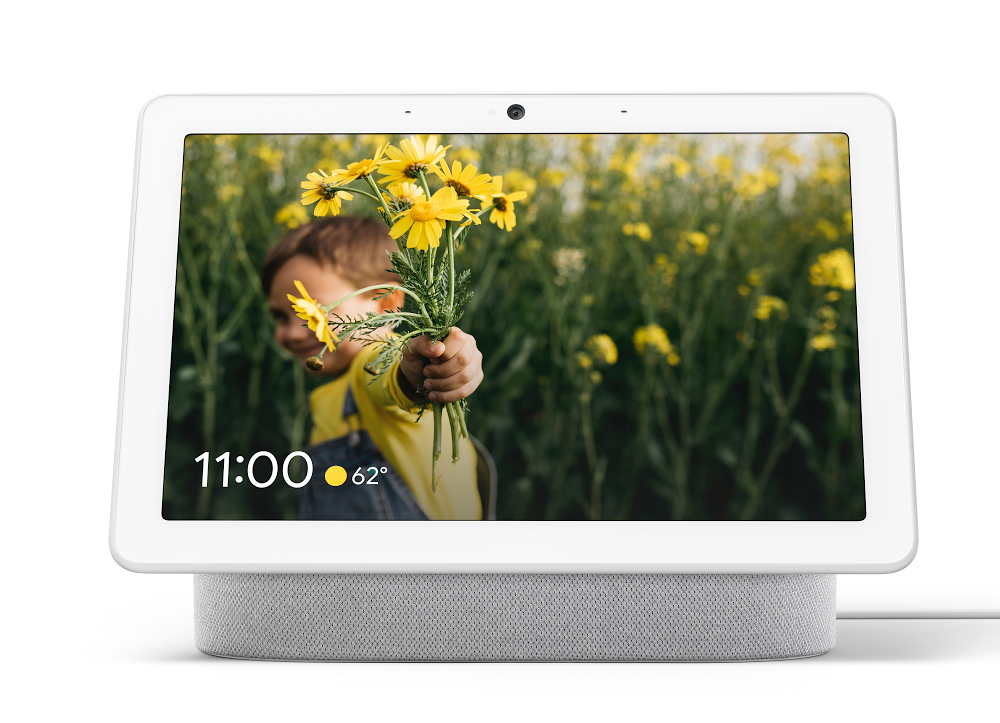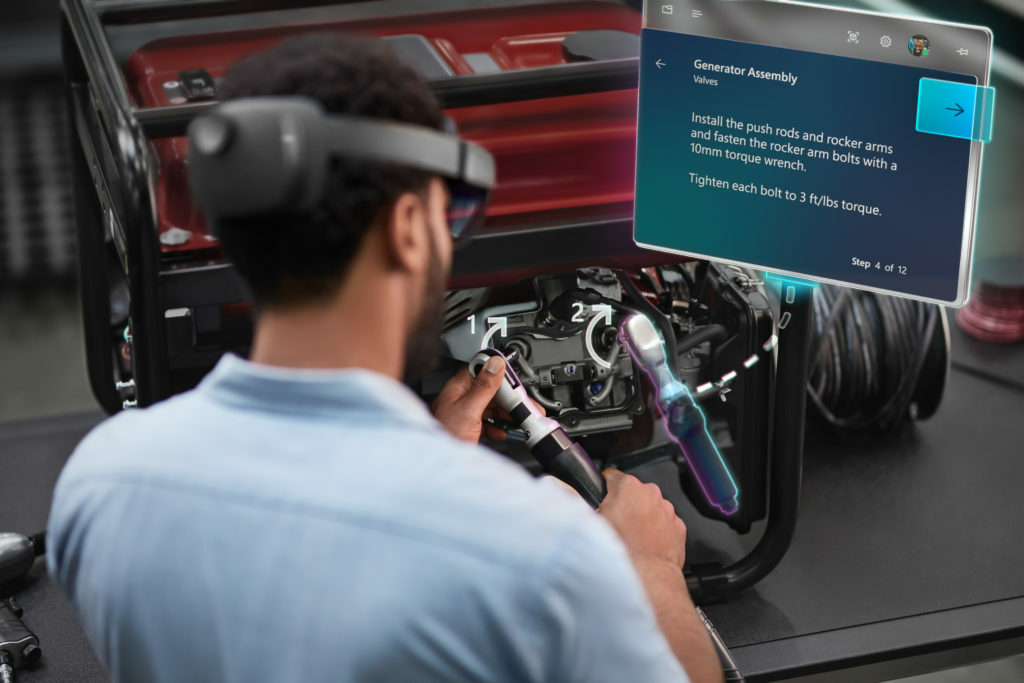This week alarm company Vivint went public through a reverse merger, with the aim of becoming a leader in the smart home and security space. We discuss the transaction and what it means for the small clutch of smart home companies that have one or two successful products but an unclear exit. From there we talk about rumors of the Nest Wi-Fi/Google Assistant combo device, a smart backpack, and Facebook’s new Portal devices. Then we share more dispiriting security news, a Philips Hue product for your TV and Amazon forcing people into arbitration. We end with some news bits from Avnet, Gatwick airport and North. In our IoT Podcast Hotline, we answer a question about what someone can and can’t do with your biometric data.

Our guest this week is Dan Rozycki, the CEO and founder of The Transtec Group, a pavement engineering firm. He shares how he turned a simple Bluetooth sensor into a fifth of his company’s revenue and his hopes for the next generation of Bluetooth. He also talks about the future of roads from how we should redesign them for autonomous vehicles to new sensor technology needed to give our highways more intelligence. We close with a far-fetched project focusing on bioluminescent trees. Sure.
Hosts: Stacey Higginbotham and Kevin Tofel
Guest: Dan Rozycki, the CEO and founder of The Transtec Group
Sponsors: Afero and Simple Commands
- Four companies that are ripe for an acquisition
- Google Assistant + Google Wi-Fi = Google’s new device?
- Can Philips Hue make TV cool again?
- How a connected product changed this firm’s business
- Coming soon; roads that charge sensors and your car
Podcast: Play in new window | Download | Embed
Subscribe: RSS


